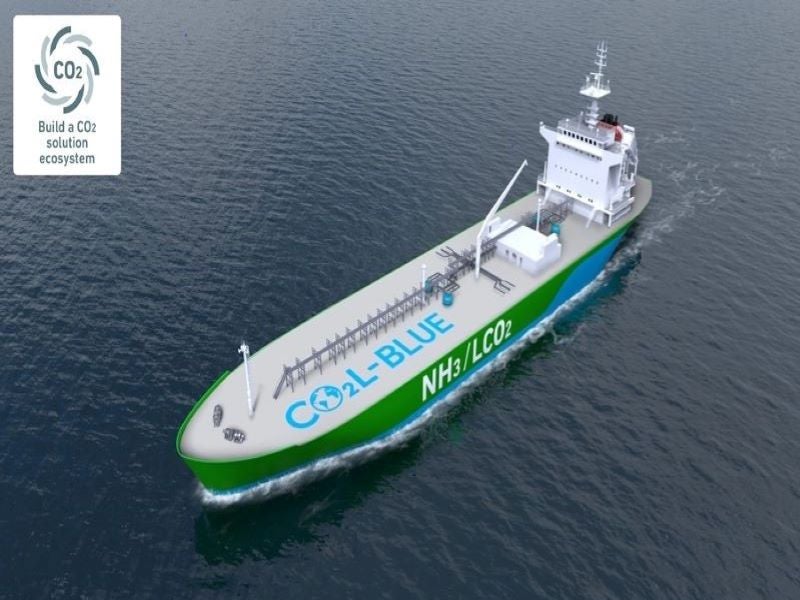
Mitsubishi Shipbuilding, along with Mitsui O.S.K. Lines, has concluded a conceptual study for Ammonia/Liquefied CO2 Carrier’s design.
The ship is being developed to carry ammonia on the outbound journey as well as liquefied carbon dioxide (LCO2) on the return voyage.
With a capacity to manage both substances, the vessel will improve operational efficiency as well as transport efficiency, stated the Japanese shipbuilder.
The study will serve as the “basis for a type of vessel with potential to become mainstream in the LCO2 carrier market by flexibly meeting the projected increase in demand for transporting ammonia and LCO2.”
Mitsubishi is planning to work with marine-related corporations and petroleum development corporations for the commercialisation of the vessel.
Based on this design, the company also aims to develop various types of ships to better meet customer requirements.
How well do you really know your competitors?
Access the most comprehensive Company Profiles on the market, powered by GlobalData. Save hours of research. Gain competitive edge.

Thank you!
Your download email will arrive shortly
Not ready to buy yet? Download a free sample
We are confident about the unique quality of our Company Profiles. However, we want you to make the most beneficial decision for your business, so we offer a free sample that you can download by submitting the below form
By GlobalDataAmmonia is said to be a source of clean energy that is expected to be broadly used in the future, while LCO2 carriers are anticipated to play a significant role in the CO2 capture, utilisation, and storage (CCUS) value chain.
According to Mitsubishi Shipbuilding’s parent firm Mitsubishi Heavy Industries (MHI) Group, the volume of CO2 reduction driven by CCUS will reach 4.3 to 13 billion tonnes a year by 2050.
With an aim of “a decarbonised marine world,” Mitsubishi has announced the MARINE FUTURE STREAM vision for 2050 in the ship and marine sector.
Last month, Mitsubishi Shipbuilding won a contract from KEYS Bunkering West Japan for the construction of a liquefied natural gas (LNG) bunkering vessel.







